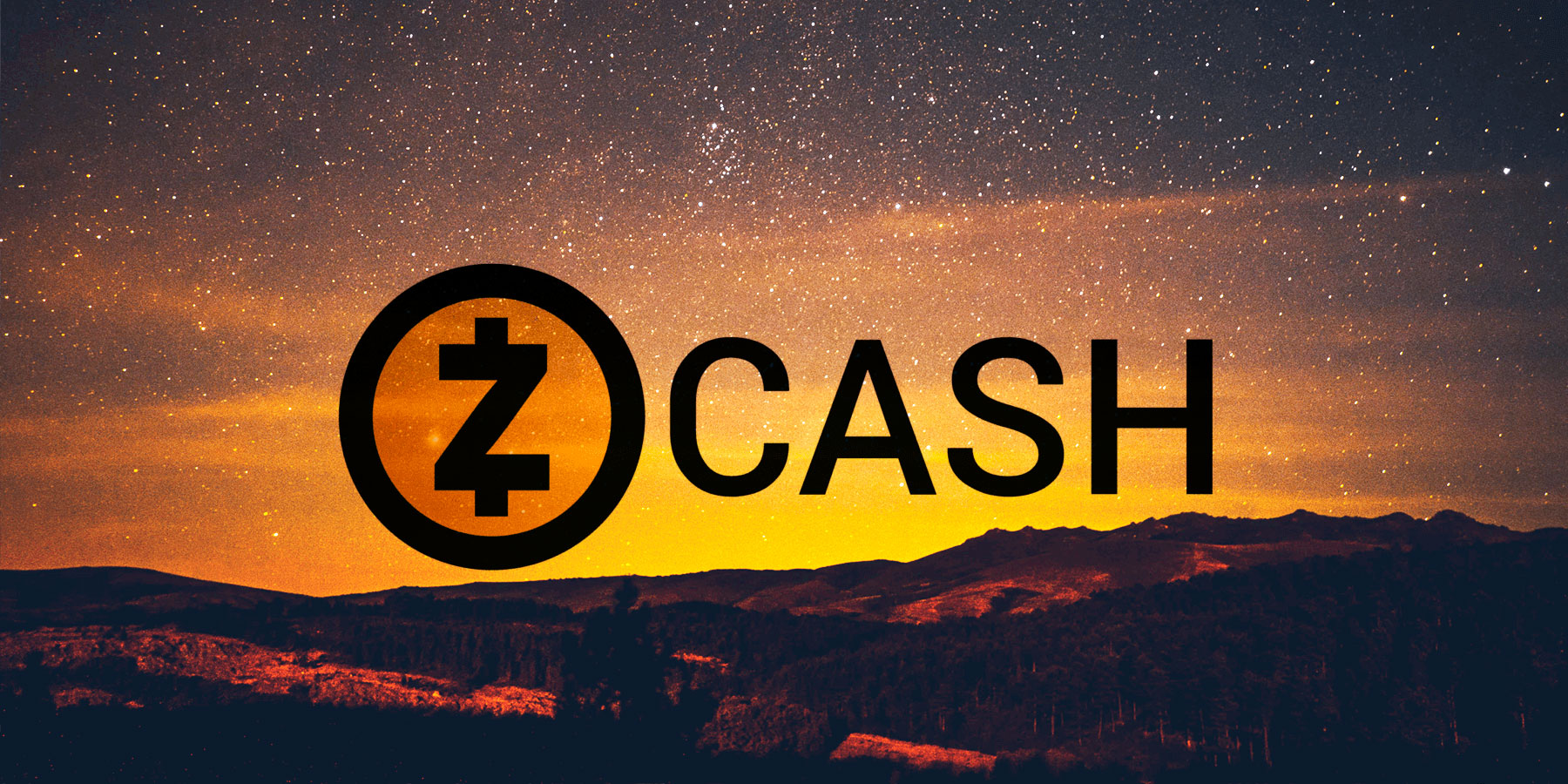2020-6-20 16:55 |
Ethereum miners are voting to increase the network’s gas limit from 10 million to 12.5 million per block. The move could lower transaction fees on the network, but it also has undue consequences.
Demand for Ethereum BlockspaceThe decision to increase the gas limit is a positive implication for DeFi, which has recently suffered from bloated gas prices.
While DeFi activity and token prices are booming, users have been paying exorbitant fees for over two months now.
The #Ethereum miners are voting to increase the Block Gas Limit from 10,000,000 to 12,500,000. ⛏️
In theory, this means that the Ethereum network now has the capabilities to handle ~44 transactions per second, instead of ~35.
Another huge milestone for the community.🥳🎉
— Bitfly (@etherchain_org) June 19, 2020
Ethereum’s dApps are not at fault here because interacting with smart contracts requires several orders of magnitude more gas than, say, sending ETH from one address to another.
It costs over $8 to claim SNX on Synthetix, via MintrEvery blockchain network has to balance the trade-offs between throughput and growing database size.
A blockchain that can process 15,000 transactions per second will be able to cater to a variety of users but makes life difficult for those running full nodes. This is because the size of the blockchain expands at a much faster rate.
The decision to increase Ethereum’s gas limit by 25% has its own set of repercussions. Péter Szilágyi, who leads the Go Ethereum team, doesn’t think this a good idea.
In a public tweet, Szilágyi said this move imperils the long term health of the network and increases the scope of DOS attacks.
Bitcoin maximalists often harp on the growing size of the Ethereum blockchain as a primary criticism. This is a fair argument because any public blockchain needs a variety of vigilant full node operators to ensure the network is functioning correctly.
Are Ethereum Miners Misaligned?Miners unilaterally decide Ethereum’s the gas limit. An increase or decrease is subject to a hash-power weighted vote.
It is odd, however, that the users who benefit from a higher gas limit are in charge of setting that limit.
This decision should ideally be put in the hands of the community. People can discuss the pros and cons of such a move relative to prevailing circumstances.
But the Ethereum community has no say in the matter. Miners alone can change the gas limit, causing further burden to node operators.
Historically, Ethereum miners haven’t strayed too far from community consensus when it comes to the gas limit. Nevertheless, a solution that directs power away from miners, and towards users or node operators would result in more neutral outcomes.
The post Ethereum Miners Vote to Make Themselves a bit Richer appeared first on Crypto Briefing.
origin »Bitcoin price in Telegram @btc_price_every_hour
Ethereum (ETH) на Currencies.ru
|
|







